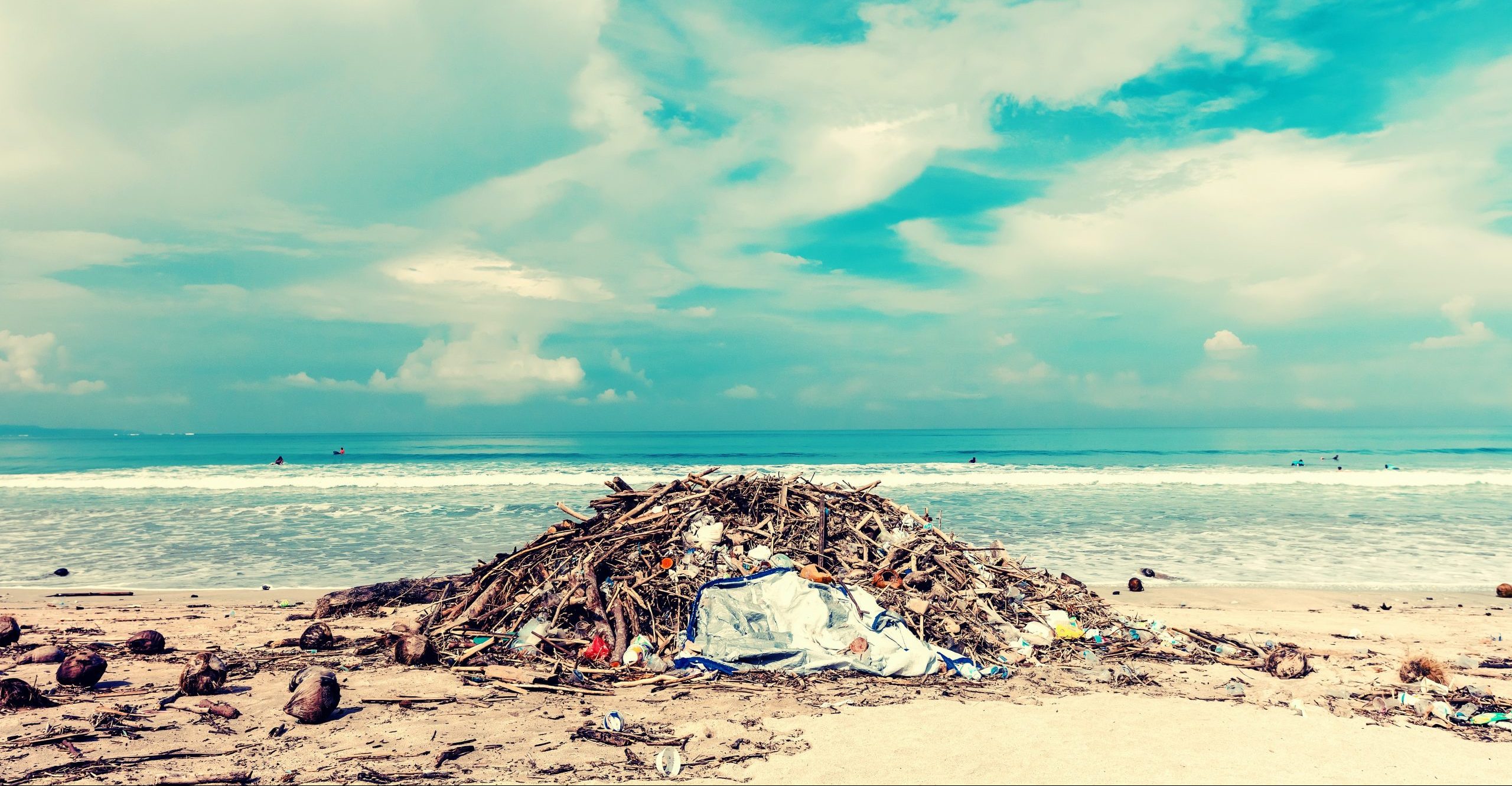Circular Economy and Me – Issue 5

Researching success and failure in the circular economy by Melissa Marques.
For centuries, humanity has thrived through a linear economy based on an ‘extract-produce-use-dump’ pattern. Although this model has generated exponential wealth for businesses and nations, it has also created unintended consequences. In our fast-moving society, over two billion tonnes of household waste are produced each year, from which 99% are generated from products bought within the last six months (The World Counts, 2019). Waste has generally been treated as a small issue to be addressed partially during production (i.e., manufacturers paying suppliers to deal with any production waste), but mainly at the end of life stage of the products and services we consume, by local authorities.
Traditionally, firms and society do not like to think about waste. ‘Out of sight, out of mind’ has been the philosophy for several decades, leading to a world where rich countries export waste and ignore that its final fate is often being burnt thousands of miles away (Greenpeace, 2021). I have personally experienced how waste is viewed by companies and society. My first ever job was purchasing waste services for several industrial facilities for a multinational company. It was a brief job that taught me a great deal and inspired me later in my career; however, it was definitely viewed as less glamorous than other jobs in my department such as the purchasing of marketing or logistics services, raw materials, or closing agreements with A-list celebrities for commercial adverts.
The circular economy is not a new concept. It is an ‘umbrella’ of ideas that reminds us that we should reduce, reuse, remanufacture, and recycle – ideas that have been around for arguably most of human history. And yet, circular economy gained exponential popularity in recent years, which, in my view, is because it has incorporated the idea that waste should be designed out of production-consumption systems. This is more profound than saying we should ‘reduce’ material use, which companies do anyway to save costs. It means we should rethink the whole system, not making unnecessary things, designing products that are durable and can be reused or remanufactured, and create innovative ways of recycling materials to build a truly regenerative economy. Or, as close to regenerative as the laws of thermodynamics permit.
I decided I wanted a career in circular economy research during a conversation with my supervisor about the billions of disposable coffee cups wasted yearly in the UK. Receiving a scholarship from Heriot-Watt University to undertake a PhD on circular economy was one of the happiest days of my life. Since 2018, I have been researching about this topic, and the more I learn, the more I want to find out. My particular interest is in helping businesses to be more circular and sustainable because this helps all of us to reduce our environmental impact without realising, whether we are nature-lovers or climate change sceptics.
For the past five years, I have collaborated with dozens of firms, and attended several industry-led conferences. Talking to firms helps me to keep grounded and to conduct practice-focussed research. Reading theory about the circular economy is a world of excitement, it is about discovering endless possibilities for society to be more sustainable, whilst also theoretically creating wealth and jobs. After all, most people do not want to give up on things that have been traditionally important, such as economic growth and productivity. However, talking to companies makes me more aware of the real-world difficulties they face. Individuals within small and large corporations in all sectors are often passionate about circularity and sustainability and have been trying to do the right thing for the planet, but find themselves lost in the transition from a linear way of doing business and in the traditional corporate thinking.
There is a disconnect between the tone of optimism from circular economy theory and the level of struggle and even failure observed in practice. Based on this paradox, I have been trying to understand what makes companies succeed when implementing circular practices. Just as important as understanding success is to study the mechanisms underpinning why companies fail when trying to be more circular and sustainable. It is not popular to talk about failure, just as it is not popular to talk about waste, but it helps us understand why we are where we are and how to change the status-quo. In the UKRI Interdisciplinary Centre for Circular Chemical Economy, my research so far has been about understanding how a few firms were successful in setting up whole circular business ecosystems and offer circular chemical products to consumers. Equally, I have been trying to understand the barriers preventing chemical firms to become more circular and to scale up their small successes in the UK. My hope is that my research can provide one piece of the puzzle, aid decision-making by managers and policymakers, and ultimately contribute towards building a more circular chemical industry in the UK and beyond.
Further reading:
https://www.theworldcounts.com/challenges/planet-earth/state-of-the-planet/world-waste-facts/story
Investigation finds plastic from the UK and Germany illegally dumped in Turkey
Plastic dumpsites in Turkey found to be highly contaminated with toxic chemicals